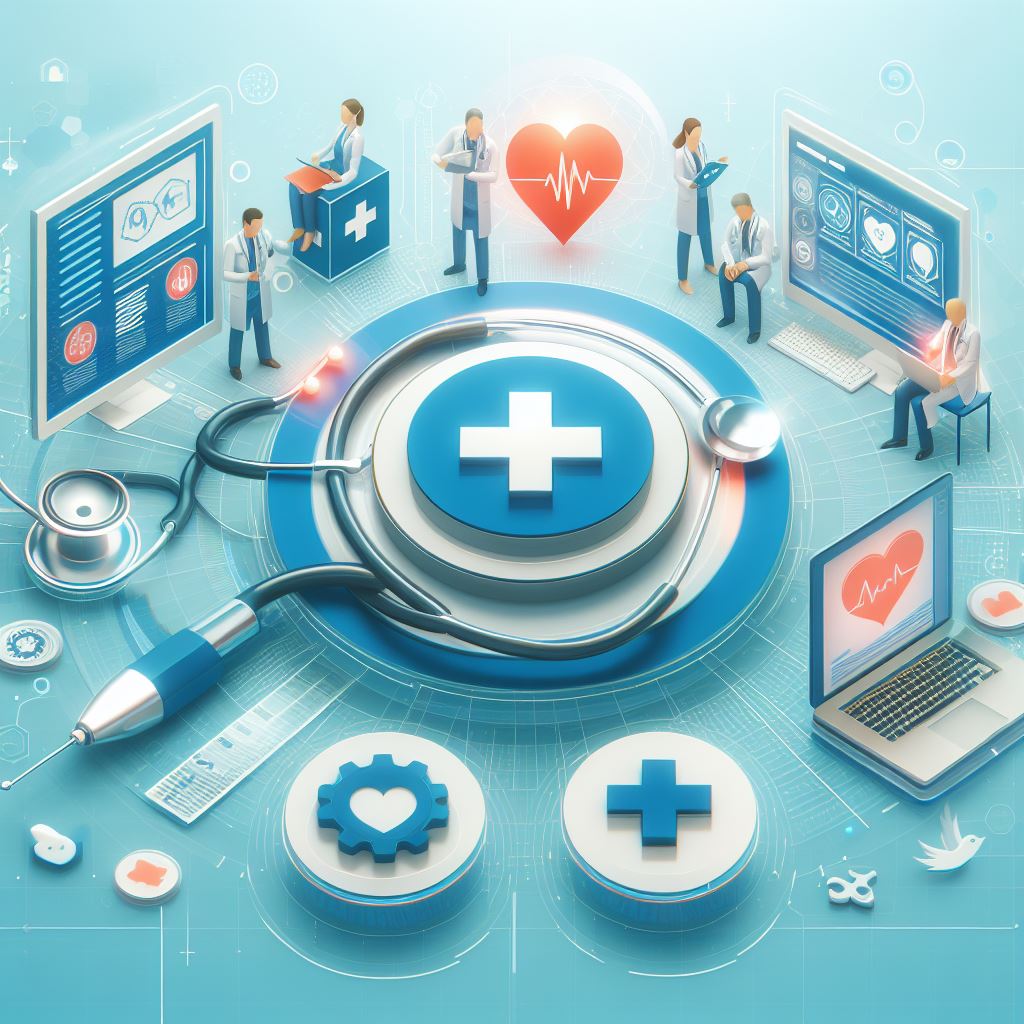- Hospitals across the U.S. are using artificial intelligence, or AI, to assist doctors in diagnosing and treating various conditions, from strokes to breast cancer.
- AI can help doctors save time, improve accuracy, and enhance patient experience, but most Americans are skeptical of this technology, according to a 2023 Pew Research survey.
- Some of the AI applications include ChatGPT, a system that helps doctors write medical records and answer patient questions, and AI tools that analyze images and data to detect anomalies and patterns.
Why it matters: AI has the potential to transform health care and make it more efficient, personalized, and accessible. However, AI also poses some challenges and risks, such as ethical, legal, and privacy issues, as well as the need for human oversight and validation.
The big picture: AI is not a new concept in health care, but it has become more advanced and widespread in recent years, thanks to the availability of large amounts of data, powerful computing, and sophisticated algorithms. AI can perform tasks that are difficult, tedious, or impossible for humans, such as analyzing millions of images, identifying rare diseases, or predicting outcomes.
By the numbers:
- The global AI in health care market is expected to reach $45.2 billion by 2026, growing at a compound annual growth rate of 44.9%, according to a report by Grand View Research.
- The U.S. is the largest market for AI in health care, accounting for 40% of the global share, followed by Europe and Asia-Pacific, according to a report by Research and Markets.
- The most common use cases for AI in health care are diagnosis and treatment, drug discovery and development, and administrative tasks, according to a report by Deloitte.
What they’re saying:
- “AI is not replacing the role of the physician or the clinical decision-making that a physician brings to the table,” said Terri Hanlon-Bremer, chief operating officer of TriHealth, a hospital system in Cincinnati that uses AI for diagnosis and treatment.
- “What people don’t realize is AI has been around for a very long time, starting back in the 1950s. It’s evolved from many years ago. Health care has been using AI in the back office for quite some time,” said Paul Grone, chief information officer of Christ Hospital, another hospital system in Cincinnati that uses AI for billing and communication.
- “AI is a tool, not a replacement for human judgment. It can augment and enhance human capabilities, but it cannot replace them. We need to ensure that AI is used in a responsible, ethical, and transparent way, and that it is aligned with the values and goals of health care,” said Eric Topol, founder and director of the Scripps Research Translational Institute and author of the book Deep Medicine: How Artificial Intelligence Can Make Healthcare Human Again.
What’s next: AI in health care is expected to continue to grow and innovate, as more hospitals adopt and integrate AI solutions, more startups and companies enter the market, and more research and development are conducted. However, AI in health care also faces some barriers and challenges, such as the lack of standards and regulations, the need for data quality and security, the potential for bias and errors, and the impact on the workforce and the patient-doctor relationship.



